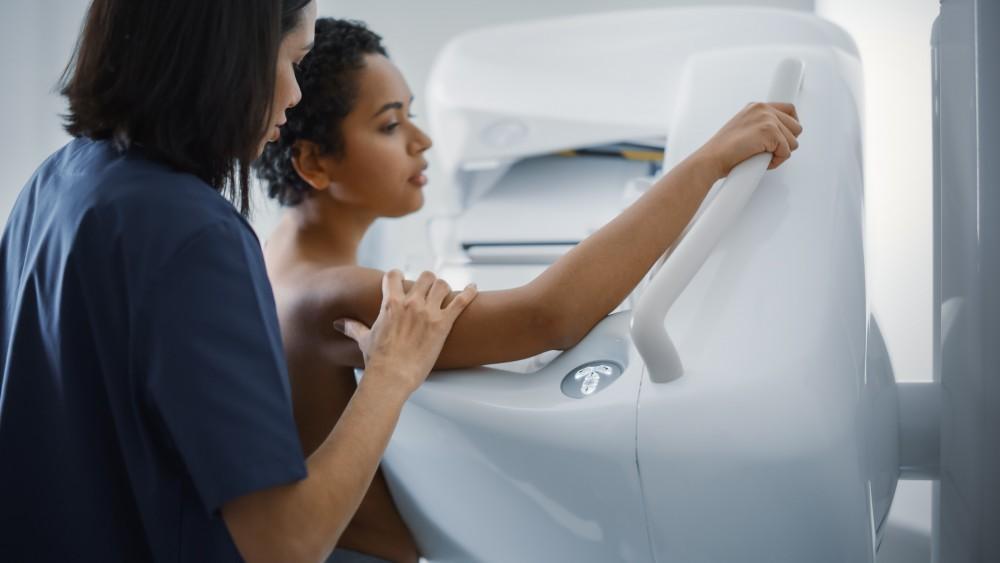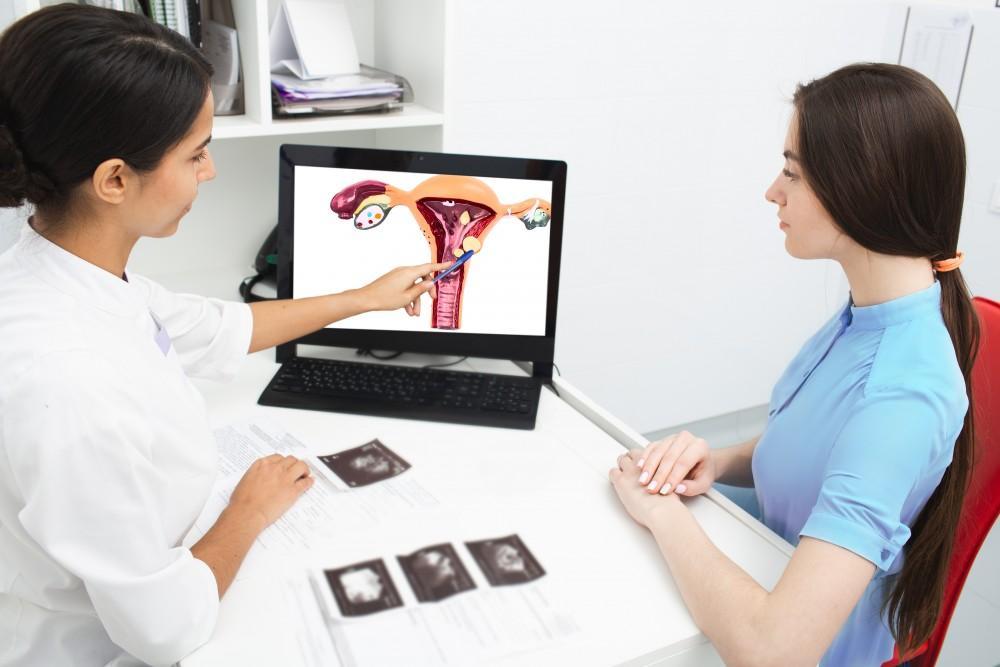
What to Expect From Your First 3D Mammogram
A mammogram is an X-ray of your breasts. It’s the best way to identify early...
Read MoreEvery woman’s journey to motherhood is different, but one of the first decisions a new mom makes is how to feed her child.
When you choose to breastfeed, you make an investment in your baby’s future.
Breastfeeding allows you to make the food that is perfect for your baby. Your milk gives your baby the healthy start that will last a lifetime.
Breastfeeding also:
• Protects your baby
• Benefits your health
• May make your life easier
• Benefits society
What is colostrum and how does it help my baby?
• Your breastmilk helps your baby grow healthy and strong from day one.
• Your first milk is liquid gold. Called liquid gold for its deep yellow color, colostrum (coh-LOSS-trum) is the thick first milk that you make during pregnancy and just after birth. This milk is very rich innutrients and includes antibodies to protect your baby from infections.
Colostrum also helps your newborn infant’s digestive system to grow and function. Your baby gets only a small amount of colostrum at each feeding, because the stomach of a newborn infant is tiny and can hold only a small amount. (Visit How to know your baby is getting enough milk to see just how small your newborn’s tummy is!)
• Your milk changes as your baby grows. Colostrum changes into mature milk by the third to fifth day after birth. This mature milk has just the right amount of fat, sugar, water, and protein to help your baby continue to grow. It looks thinner than colostrum, but it has the nutrients and antibodies your baby needs for healthy growth.
What health benefits does breastfeeding give my baby?
The cells, hormones, and antibodies in breastmilk protect babies from illness. This protection is unique and changes to meet your baby’s needs.
Research suggests that breastfed babies have lower risks of:
Does my breastfeeding baby need more vitamin D?
Maybe. Vitamin D is needed to build strong bones. All infants and children should get at least 400 International Units (IU) of vitamin D each day.
Even though sunlight is a major source of vitamin D, it is hard to measure how much sunlight your baby gets and sun exposure can be harmful. Once your baby is weaned from breastmilk, talk to your baby’s doctor about whether your baby needs vitamin D supplements. Some children do not get enough vitamin D from the food they eat.
What are the health benefits of breastfeeding for mothers?
Breastfeeding helps a mother’s health and healing following childbirth. Breastfeeding leads to a lower risk of these health problems in mothers:
How does breastfeeding compare to formula-feeding?
Formula can be harder for your baby to digest. For most babies, especially premature babies, breastmilk substitutes like formula are harder to digest than breastmilk. Formula is made from cow’s milk, and it often takes time for babies’ stomachs to adjust to digesting it.
Life can be easier for you when you breastfeed.
Breastfeeding may seem like it takes a little more effort than formula-feeding at first. But breastfeeding can make your life easier once you and your baby settle into a good routine. When you breastfeed, there are no bottles and nipples to sterilize. You do not have to buy, measure, and mix formula. And there are no bottles to warm in the middle of the night! When you breastfeed, you can satisfy your baby’s hunger right away.
Not breastfeeding costs money. Formula and feeding supplies can cost well over $1,500 each year. Breastfed babies may also be sick less often, which can help keep your baby’s health costs lower.
Breastfeeding keeps mother and baby close.
Physical contact is important to newborns. It helps them feel more secure, warm, and comforted. Mothers also benefit from this closeness. The skin-to-skin contact boosts your oxytocin (OKS-ee-TOH-suhn) levels. Oxytocin is a hormone that helps breastmilk flow and can calm the mother.
Can breastfeeding help me lose weight?
Besides giving your baby nourishment and helping to keep your baby from becoming sick, breastfeeding may help you lose weight. Many women who breastfed their babies said it helped them get back to their pre-pregnancy weight more quickly, but experts are still looking at the effects of breastfeeding on weight loss.
How does breastfeeding benefit society?
Society benefits overall when mothers breastfeed.
Breastfeeding saves lives.
Recent research shows that if 90% of families breastfed exclusively for
6 months, nearly 1,000 deaths among infants could be prevented.
Breastfeeding saves money.
The United States would also save $2.2 billion per year — medical care costs are lower for fully breastfed infants than never-breastfed infants. Breastfed infants usually need fewer sick care visits, prescriptions, and hospitalizations.
Breastfeeding also helps make a more productive workforce.
Mothers who breastfeed miss less work to care for sick infants than mothers who feed their infants formula. Employer medical costs are also lower.
Breastfeeding is better for the environment.
Formula cans and bottle supplies create more trash and plastic waste. Your milk is a renewable resource that comes packaged and warmed.




A mammogram is an X-ray of your breasts. It’s the best way to identify early...
Read More
About 1 in 10 women has ovarian cysts. These small growths form on your ovaries,...
Read More
If you and your partner have decided you’re ready to start growing your family, you’re...
Read More